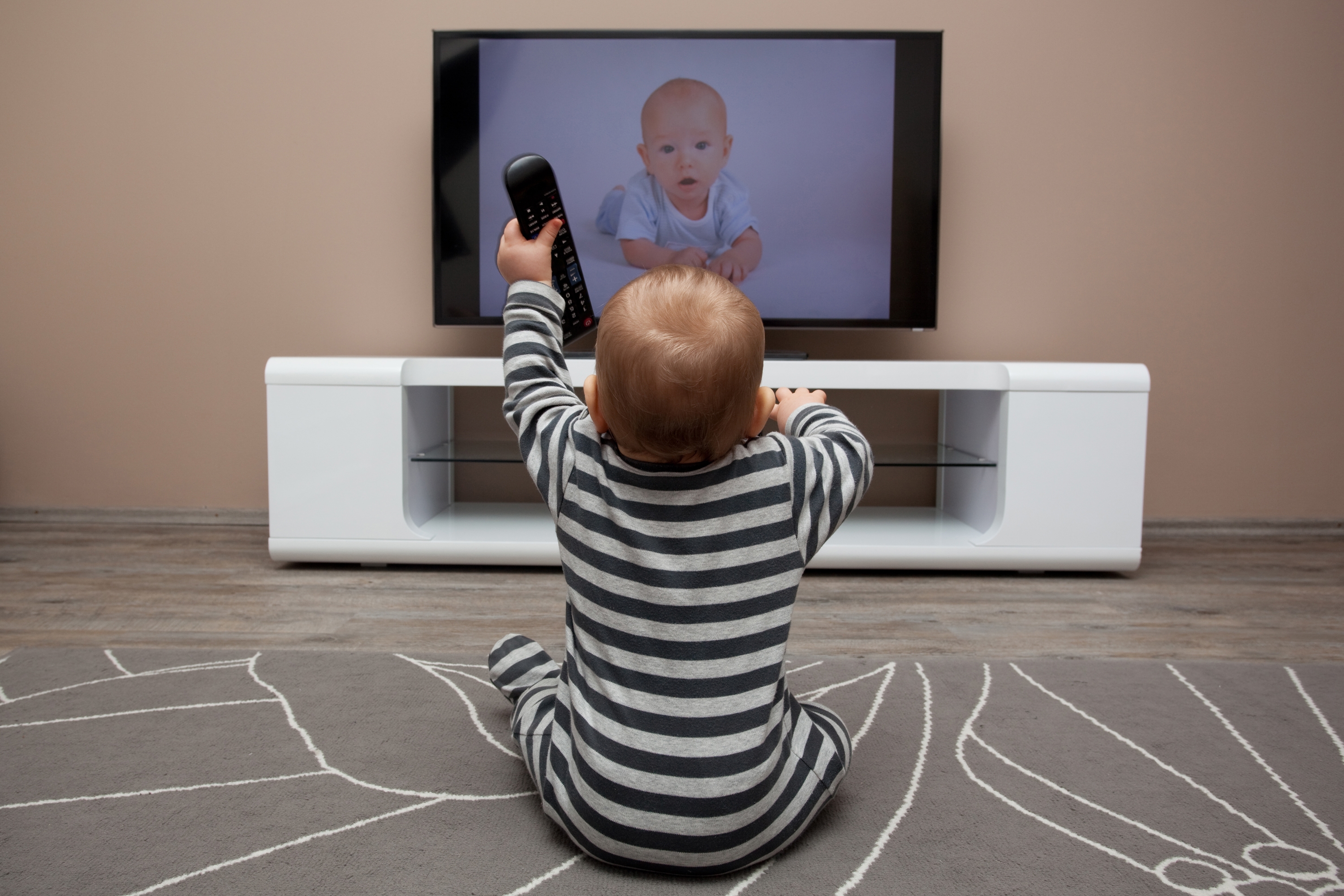Screened out
Published
Four in five UK parents have deep concerns about the amount of time their child spends on screen, according to a new survey commissioned by smarTrike*. And it seems that their worries are not unfounded.

A study by the University of Queensland concluded that two hours a day is the optimal limit for screen time for children, suggesting that beyond this time, they become at risk of a range of mental and physical health issues, including irritability, difficulty sleeping, feeling low, nervousness, backache, dizziness, and headaches.
Screen time has also been linked with insidious effects on children’s growing brains in a new study from the US, which found that children who spend more than two hours a day on screens score lower on thinking and language tests. The study found that children who spend more than seven hours a day on screens experience a thinning of the cortex (the part of the brain responsible for reasoning and critical thinking).
Added to this, a study recently published in the British Journal of Ophthalmology suggests that children’s eyesight is being impaired by too much screen time, with one in three short-sighted or unable to see things clearly at a distance. The NHS recommends spending more time outdoors as a way to help short-sightedness and prevent it getting worse.
There’s a wealth of evidence showing that children who spend time outside connecting with nature see improvements in behaviour, academic achievement and social skills like teamwork. According to the Child Mind Institute, nature also has a positive impact on children’s mental health and can help to build confidence, promote creativity and imagination and reduce stress and fatigue.
*smarTrike are creators of the world’s first range of extendable ride-ons for children.
Visit smartrike.co.uk







